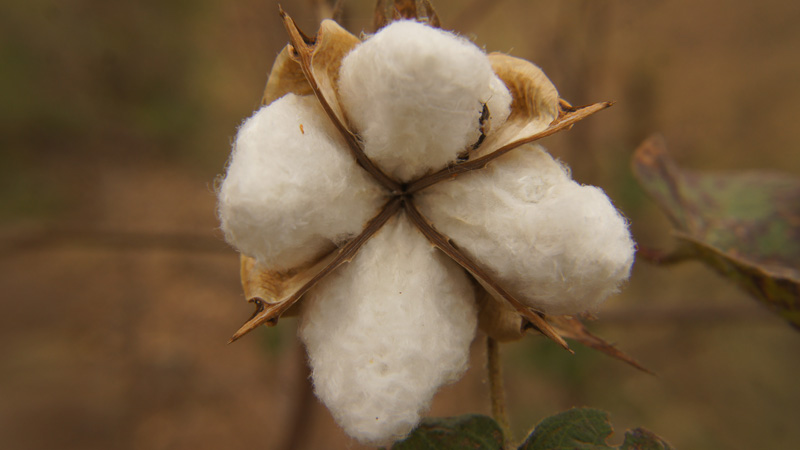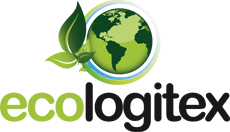about us
ecologitex started as an idea in 2007 while I was working at a textile factory in Navi Mumbai that manufactures uniforms. After witnessing various processes such as dying and enzyme washes at external facilities, many of which didn't have wastewater management systems, I became concerned about the impact on the environment. I discovered that importers and buying agencies disregarded environmentally safe practices, as long as their suppliers conformed to the minimal standards that matched their required target price. This revelation was truly a rude awakening.
The trend for this behaviour underwent dramatic changes after end-consumers began to address their concerns about such issues.
Having witnessed the negative retroactions towards the environment, such as ground water contamination as well as various social impacts, I wondered whether there were, in fact, positive alternatives.
My team and I have since undertaken a variety of expeditions throughout India, while sourcing eco-friendly manufacturers. We have come across sincere and very interesting ecological activists who operated factories. We have made many friends; bridging cultural gaps and communicating requirements to their clients, owing to our Indo-European heritage and language skills.
Our favorite factories were always the ones powered by renewable energy and those conforming to the highest possible standards. Back in 2008 fewer brands were concerned about fair and organic standards, but a few manufacturers brought the new trend of manufacturing with organic cotton to my attention. It was clear to us at ecologitex that we wanted to support this standard of endeavor. We, therefore, began developing the constellation of our supply chains.
As we began chartering the distance from farm to factory and factory to seaport, checking for rail terminals along the way, we realized there was much potential for improvement. We began to visit these factories and facilities to negotiate future partnerships. With the aim of forming a buying agency, our intention was to operate as a neutral supply chain management company, vigilantly monitoring these crucial issues of environmental and social impact.
Some of the manufacturers with whom we spoke were so resolute about taking social responsibility that they provided social benefits, very humane working hours and education for the children of their employees, and today enjoy excellent infrastructures on which they are constantly improving.
At ecologitex, we are focused on reducing emissions in logistics. Our aim is to optimize container space for air freight, sea freight and combined transports for Indian transits to European and US destinations, this by organizing efficient co-loading pools with different buyers and suppliers. As a neutral party, we offer a wide range of services to both shippers and consignees, to buyers and suppliers, bridging the two worlds to create and extend eco-friendly logistics and procurement solutions for both textiles and food commodities.
Offering vertically integrated logistics, including 35 years of industry experience, we have a large database of manufacturers and reliable exporters in India. Trust is what we build to ensure an efficient commodity transaction service. We provide this with our dedicated service product called foxloader.com.
 Sustainability
SustainabilityWe aspire to everything that some companies call 'sustainable', but much more. Our objective is to make a difference by managing supply chains for both organic and recycled products.
We intentionally avoid employing the word 'sustainable', as it has become a trendy label for almost every marketing scheme. We like to claim the space of being different by exploring uncharted territory. As long as there is an environmental impact caused by extracting natural resources, by manufacturing consumer goods and then moving them with vehicle emissions, it is unfair to call this business practice sustainable.
For example; supply chains often begin with the extraction of natural resources using processes that might create waste, and conventional farming depletes the soil and frequently reshapes the landscape with disastrous results. Our food and cotton plantations couldn't successfully be regenerated without dynamic systems such as beneficial habitat planting, intercropping and employing seasonal crop cycles. Better yield is a main benefit in habitats where crops thrive due to favourable dynamics, such as plant diversity and the attraction of certain animals and beneficial insects.
Food and fibres that go through additional cleaning or clearing processes are eventually packed or dyed using plastic packaging, or they could be printed with colours made from PVC or Plastisol. Today these products move thousands of kilometres from farm to factory and overseas and onto shelves where they are branded as having been created through a sustainable production cycle.
There has been much progress in the field of environmentally friendly alternatives, but we aspire to provide more ecologically positive solutions by creating efficient transits, maximising container volume and using railways instead of dry diesel vans when moving organic and fair trade consumer goods. Furthermore, all of our textile factories are powered by 100% renewable energy.




